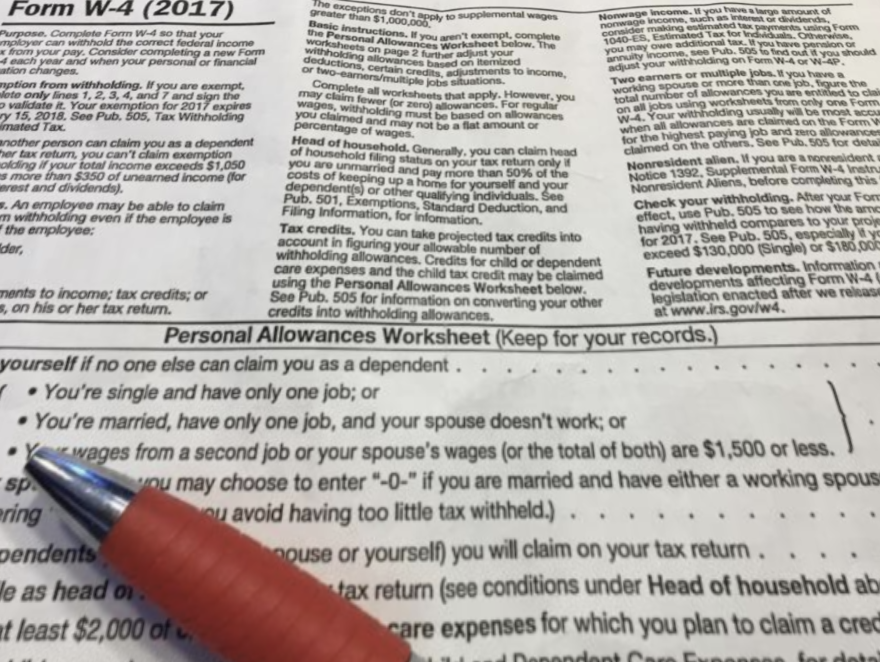The Ohio Supreme Court delivered a win for cities that collected income tax from commuters working from home during the pandemic.
At stake was potentially hundreds of millions of dollars in taxpayer refunds, which would have blown huge holes in cities' budgets. But a group representing cities said it's actually a win for taxpayers.
The court upheld a 2020 state law allowing cities to continue to get income tax from workers who worked but didn’t live in those cities during COVID. The court's three Democrats joined two of the four Republicans in the majority ruling.
The justices rejected the claim of Josh Schaad of Blue Ash that Cincinnati, where his office was, was prohibited from taxing his income for the last six months of 2020 because he was working from home during the COVID emergency.
In the opinion written by Republican Justice Pat DeWine, the majority ruled that House Bill 197 is constitutional, because the U.S. Constitution covers interstate taxation, not intrastate taxation.
"The United States Supreme Court has never held that this federalism-based limitation on state authority applies to taxation that occurs within a single state. To the contrary, it has made clear that this strain of its due-process jurisprudence does not apply to matters of intrastate taxation," DeWine writes in the majority opinion.
And the majority concluded the law doesn't violate the state's home rule provision because the General Assembly can grant cities additional powers, including enacting tax laws.
Chief Justice Sharon Kennedy and Justice Pat Fischer, both Republicans, dissented.
"The General Assembly lacks the power to compel Cincinnati to collect taxes on income earned or received by a nonresident while working outside the city limits," Kennedy wrote.
“One could say that they ruled in the favor of municipalities, but honestly we think they ruled in the favor of taxpayers," said Kent Scarrett, a spokesperson for the Ohio Municipal League.
Scarrett said the ruling preserved cities’ ability to fund services during the COVID emergency, instead of cutting them or trying to find ways to plug massive shortfalls created by a lack of income tax revenue.
"The sustainability of the current forces and and the delivery of services would be significantly challenged," Scarrett said. "It would create huge budget holes and the taxpayers would be the one holding the bill because they would be experiencing less services or other financial challenges to keep their community solvent."
The conservative Buckeye Institute filed the lawsuit on Schaad's behalf. President and CEO Robert Alt argued the case before the court in March 2023. Alt said in a statement: “The court’s ruling is disappointing. Local taxing authorities should be able to tax only within their own jurisdictions—where people live and actually perform the work."






